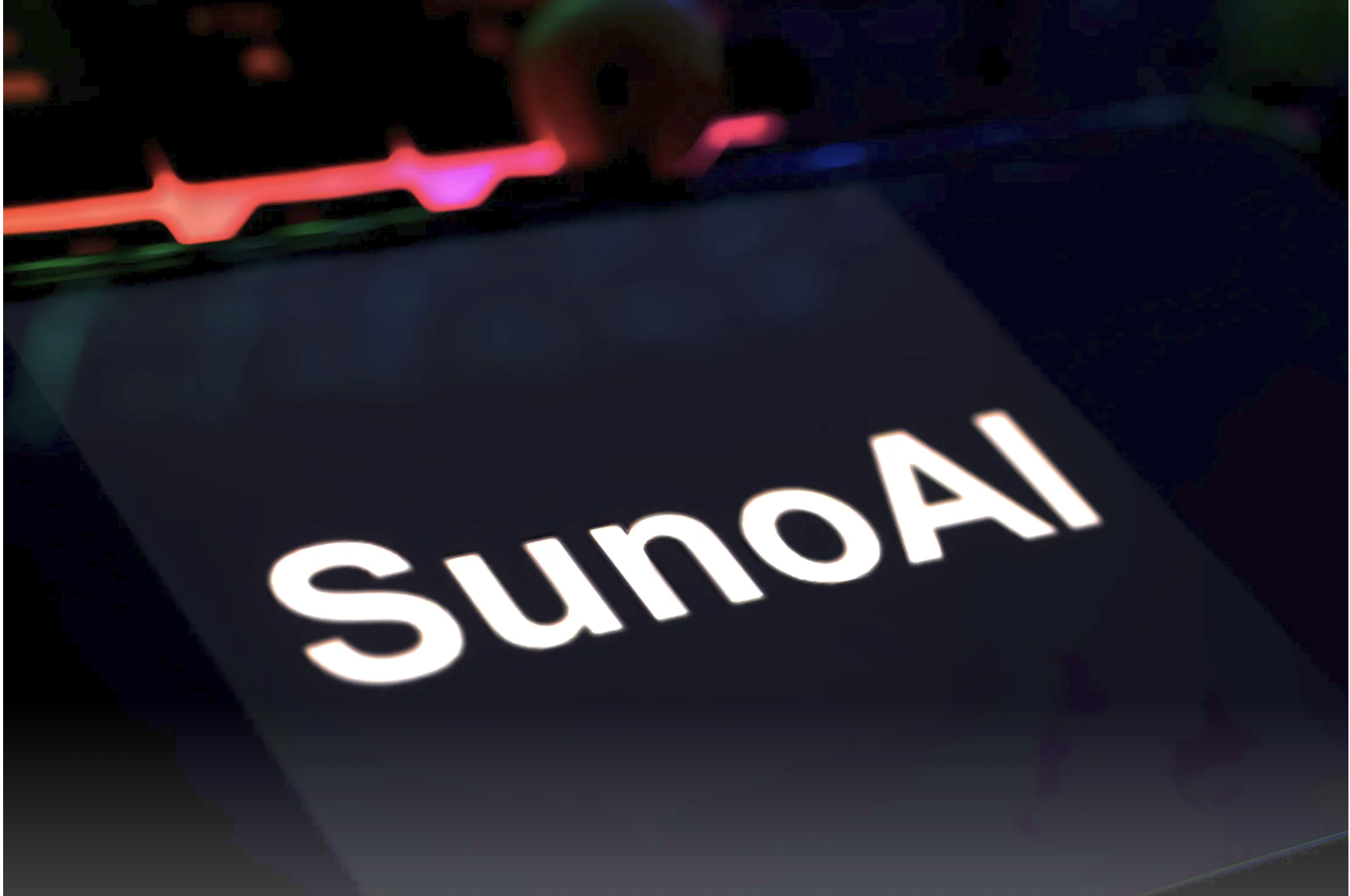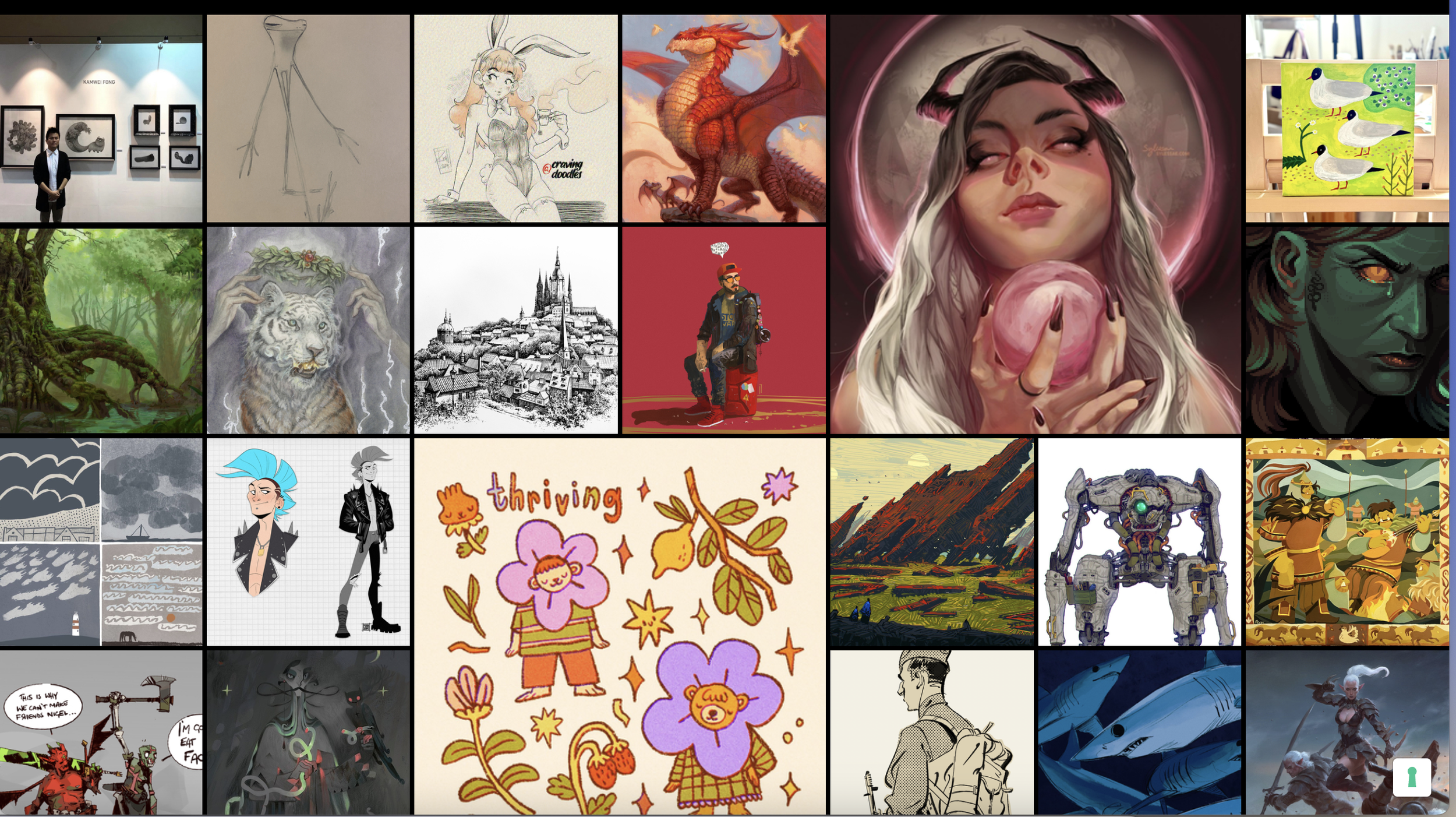This month, it may be challenging to find a headline that doesn’t mention “AI.” For artists and arts managers, AI can now be integrated in every aspect of our work - from creation, to promotion, and general administration. Even your iPhone may soon have AI features integrating messages, calendar, photos, and other personal content. In both performing and visual spaces, artists are finding ways to push back on unethical use – while some take legal action, others call for change through the spaces they share their work. Learn more in the sections below.
Real Photo Disqualified from AI Image Competition
Last year, Boris Eldagsen made headlines when he refused to accept an award for the AI-enhanced piece, The Electrician, at the World Photography Organization’s Sony World Photography Awards. Now, the circumstances have flipped, but the message remains the same.
This month, photographer Miles Astray entered his piece, F L A M I N G O N E, in the AI category of the 1839 Photography Awards. After selecting the piece for a prize, judges learned that it was not, in fact, created digitally, and disqualified the artist from the show. The artist made this choice intentionally to make a statement about human-made art, saying on his website “I entered this actual photo into the AI category of 1839 Awards to prove that human-made content has not lost its relevance, that Mother Nature and her human interpreters can still beat the machine, and that creativity and emotion are more than just a string of digits.”
A real photo, is disqualified from AI Image Competition
Image Source: F L A M I N G O N E, Mile Astray
Apple Announces Partnership with OpenAI
Apple announced a new partnership this month with OpenAI, integrating ChatGPT in new AI features for iOS devices. This is part of larger Apple Intelligence, will be available in beta starting this fall, including text and image generation, and overall integration of personal content across apps. Writing and summarization tools will be integrated into apps like text and email, and priority notifications and messages display the most time-sensitive information at the top. Users will also be able to generate images from text description within the new Image Playground app or directly within other apps. In Notes, rough sketches can also be converted to a more detailed image. Within the users own photos, there will be increased search functionality based on content of photos, and the ability to remove distracting background objects with a couple clicks.
Overall, Apple Intelligence will be more deeply integrated into the system, including Siri, based on the context of your device, such as texts, notes, or emails. Some have called attention to this, questioning user privacy. Notably, Elon Musk threatened to ban Apple devices onsite for employees of Tesla, SpaceX, and X over privacy concerns.
“Apple Intelligence is designed to protect your privacy at every step,” the company states online. “It’s aware of your personal information without collecting your personal information.”
Apple Intelligence partners with OpenAI for new iOS features
Image Sorce: Apple
Audio Generation Tools Face Backlash on Copyright
In April, we looked at Suno and Udio - two of the most powerful AI music generation tools. Not only were artists concerned about how tools like these would impact their work, but also on how these models were trained. Now, major record labels are pushing back. Sony, Universal and Warner, filed lawsuits in federal court against both Suno and Udio, claiming that both models were trained on copyrighted music. Both companies deny that this use was unethical. Udio states, “Just as students listen to music and study scores, our model has ‘listened’ to and learned from a large collection of recorded music.”
Meanwhile, Stability AI has released a new text-to-audio generator, claiming the model was trained solely on royalty-free music. Though trained on nearly 500,000 free audio samples, the tool is not able to create full songs or melodies in the way Suno and Udio have. However, it can be used to create beats and help users enhance their own uploaded content.
Suno and Udio face lawsuit over training with copyrighted materials.
Image Source: Ralph Liebhold/Alamy
Artists Drop Meta for New Social Media Platform
While the visual format of Instagram has long been a draw for artists and photographers, many now sign off from the platform to protect their work from AI models. This May, Meta announced that any public posts on the platform were considered eligible to use as training material for their AI models. As artists look for new social media spaces to share their work, one platform is getting a lot of attention: Cara. The anti-AI platform, which is similar in format to Instagram and X, is designed to help artists share their portfolios without fear of being used in a dataset. Within one week, the platform went from about 40,000 users to more than 650,000. Founder Jingna Zhang is a photographer and advocate for artists rights, as well as the co-creator of Glaze, a tool that manipulates data in digital art to throw off AI models without changing its appearance to the human eye.
Artists flock to Cara to protect work from AI training models
Image Source: Cara
-
https://www.cbsnews.com/news/elon-musk-apple-openai-device-ban-ai/
https://www.nytimes.com/2024/06/25/arts/music/record-labels-ai-lawsuit-sony-universal-warner.html
https://techcrunch.com/2024/06/05/stability-ai-releases-a-sound-generator/
https://www.washingtonpost.com/technology/2024/06/06/instagram-meta-ai-training-cara/




